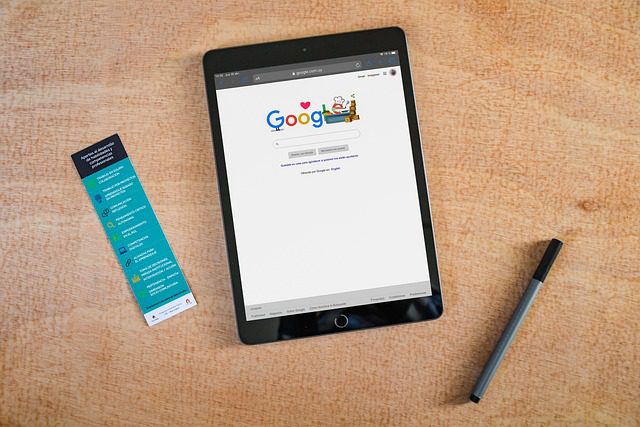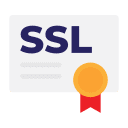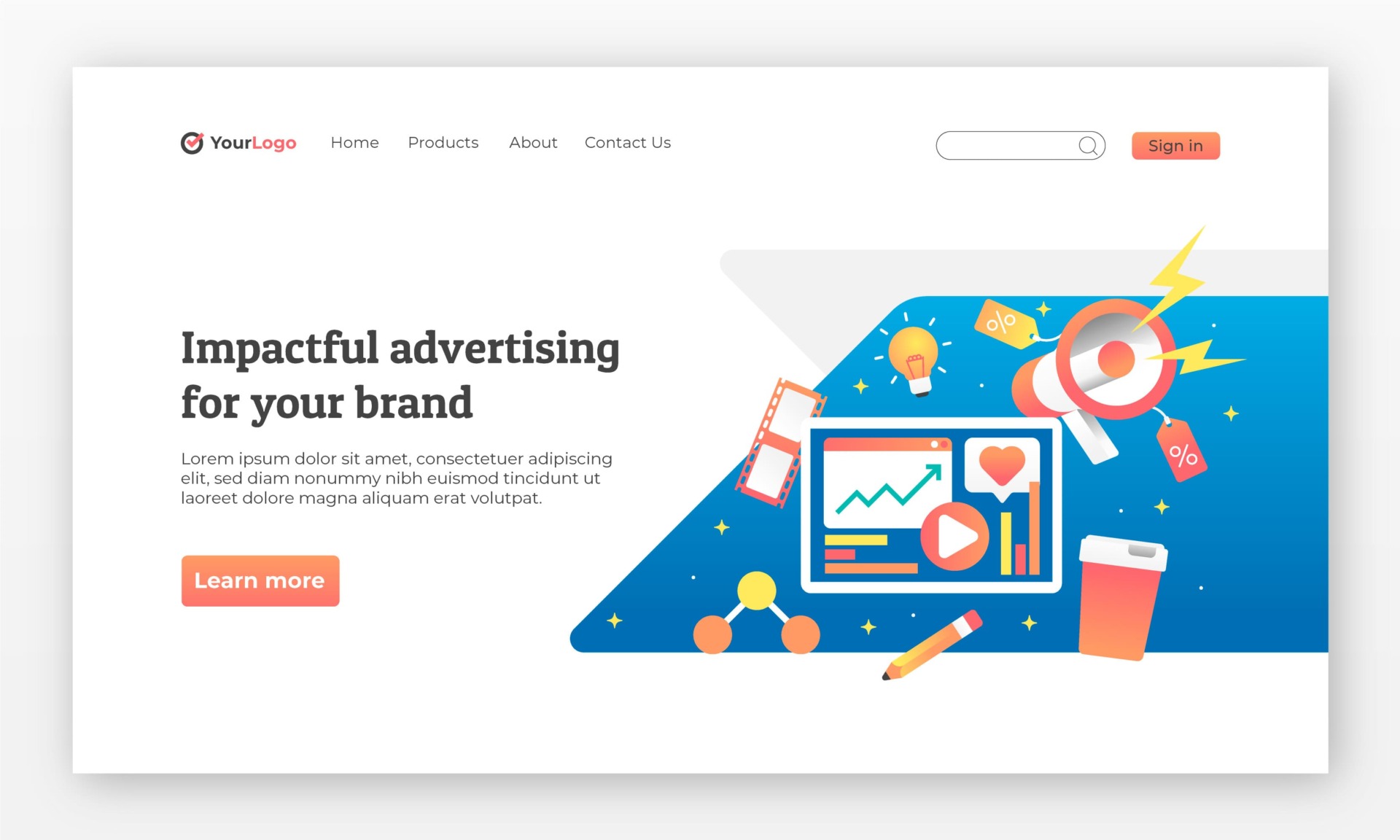
SEARCH ENGINE OPTIMIZATION
Search engine optimization considers many elements that determine a website’s rankings on Google. Before we list the top 10 ways to improve your SEO Score, it’s vital to understand the different parts of SEO. SEO consists of On-Page SEO and Off-Page SEO.


ON-PAGE SEO

On-Page SEO is optimizing a website around specific keywords. The quality of websites is key to ranking high on Google. If your website provides a poor user experience, it will not perform well on search engines.

OFF-PAGE SEO

Off-Page SEO is creating content on other websites and adding a link back to your website. Quality content is key, and targeting high authority websites in the same industry as your business is the name of the game.

IMPROVE YOUR SEO WITH THESE 10 RECOMMENDATIONS
This article will discuss simple but effective methods to improve your ranking positions on Google for targeted keywords. Here are valuable On-Page SEO recommendations to apply to a website:


KEYWORD RESEARCH & PLACEMENT

It’s crucial to know which keywords will turn into leads and sales. Use Keyword Research Tools to find valuable keywords that will benefit your business. Keyword research tools provide traffic estimates for each keyword used on Google.


SOLUTION
Find a high-traffic keyword and incorporate it into the written content of a website. The primary keyword should be mentioned around 2-3% throughout the entire webpage and should be mentioned in the following areas:
A. Header Titles (H1, H2, H3)
B. First sentence of a website
C. Last sentence of a website

QUALITY CONTENT

Many website owners underestimate the importance of quality content. Website owners write the content themselves or hire affordable writers who provide mediocre writing results. Google values websites that contain high-quality information, correct spelling, and grammar.


SOLUTION
Writing is an art, and we recommend hiring the best writers on the market. They are expensive, but it is worth it in the long run. You should pay between $100 and $150 for one thousand words of content. Check for the reviews of writers. Always accept 5-star ratings with lots of positive reviews.

IMPROVE YOUR DOWNLOAD SPEEDS

Speed is a major ranking factor on Google. Slow-loading websites frustrate users and do not perform well on search engines. Websites are expected to load within 2-3 seconds after a website link has been clicked. The faster the website loads, the better the Google rankings.


SOLUTION
Reduce download speeds by compressing images without losing quality. Remove unnecessary plugins that are no longer working. Stop using shared hosting and commit to dedicated hosting with CDN capabilities. Reduce the JavaScript, HTML, and CSS you implement on your website, such as Pop-Ups or Chatbots.

UPDATE YOUR METADATA

There are 3 types of metadata on a website. The meta title is the title of the website displayed on search engines. The Meta Description is the description of the website displayed on search engines. The Meta Keywords list the keywords that you want to rank on Google.


SOLUTION
META TITLE
Write an eye-catching title and incorporate the primary keyword in it. The meta title should be under 60 characters long and should mention the city the business resides. For example, many people will search for “SEO Agency Johannesburg”.
META DESCRIPTION
Write a professional business description and include the secondary keywords in it. The meta description must be created to entice users to click on your website link. A meta description can improve your clickthrough rate.

IMPROVE NAVIGATION

Navigation is the process of how users navigate a website. When users find information quickly and easily, it displays a good interaction with Google. When users struggle to find information, it indicates a poor interaction with Google. How users interact with your website plays an important role in search engine optimization.


SOLUTION
Websites should have horizontal menus, footer menus, and internal links on each webpage. Linking internally to other pages of the same website will provide a better user experience. The more a user interacts with your website, the more likely your website is to perform well on Google.

INSTALL AN SSL CERTIFICATE

The internet is swarming with viruses and malware. Websites with encrypted information protect users’ details from being intercepted. These details include credit card details and other personal information. Websites that do not offer encrypted security do not rank in good spots on Google.


SOLUTION
Add an SSL certificate to your website. SSL stands for Secure Socket Layer. SSL Certificates protect users while browsing a website. You should ask your web designer or hosting provider to add an SSL certificate to your website. Most hosting providers offer free SSL certificates.

MOBILE FRIENDLY

Most people on the internet use mobile phones to find information, services, and products. Websites that do not provide a mobile interface will not perform well on Google. Navigation on laptops is structured like a newspaper. Navigation on mobile is similar to social media platforms, everything is linear vertically.


SOLUTION
Websites should be responsive and automatically adjust the display size on each device.. (laptops, tablets, mobiles) Implement Responsive Designs and Themes to automate the process. Avoid using old WordPress Themes as they do not provide a Responsive design. Most modern designs have this feature.

ADD CONTENT REGULARLY

Adding content to a website regularly is a great SEO practice. The more information presented on a website, the higher the ranking spots on Google. However, the information must contain valuable information that is well-written and structured. Google values quality over quantity, but quantity only counts if the information presented is helpful.


SOLUTION
Create a blog section and add one article to the website every week. The articles should contain unique written information and helpful tips that will benefit readers. High-quality articles can be shared across different platforms and build valuable backlinks to a website. Think of common questions users will most likely ask and build an article around those questions.

EXTERNAL LINKS

External links are text or image links on a site that point to a different website. When External links are implemented correctly, it boosts trust with Google. The more Google trusts you, the more likely you are to perform well.


SOLUTION
Implement external links naturally throughout your article, and avoid bunching them in one part of the website. Only link to high-authority websites that are established and provide quality information. Avoid adding too many external links, as it will look spammy and manipulative. External links should open a seperate browser window; otherwise, you will be redirecting traffic away from your website.

XML SITEMAP

A Google sitemap creates a map of an entire website. This helps Google bots crawl new information easily and quickly. Sitemaps tell Google which webpages it wants indexed on Google.


SOLUTION
You can create an XML Sitemap with a WordPress plugin. Simply find and install an XML sitemap on a WordPress website. If you are not using WordPress, you can find free online tools that will help you create a sitemap to upload to your website.
SEO landing pages and Google Ads landing pages serve different goals. Discover which one is right for your business and how to use both effectively.
Learn how to write a powerful ad that grabs attention and drives action. Simple steps, real examples, and expert tips to improve your ad performance fast.
Discover 10 hidden Google Ads settings that drain your budget. Learn how to fix wasted spend, improve conversions, and boost campaign performance.
SEO landing pages and Google Ads landing pages serve different goals. Discover which one is right for your business and how to use both effectively.
Learn how to write a powerful ad that grabs attention and drives action. Simple steps, real examples, and expert tips to improve your ad performance fast.



